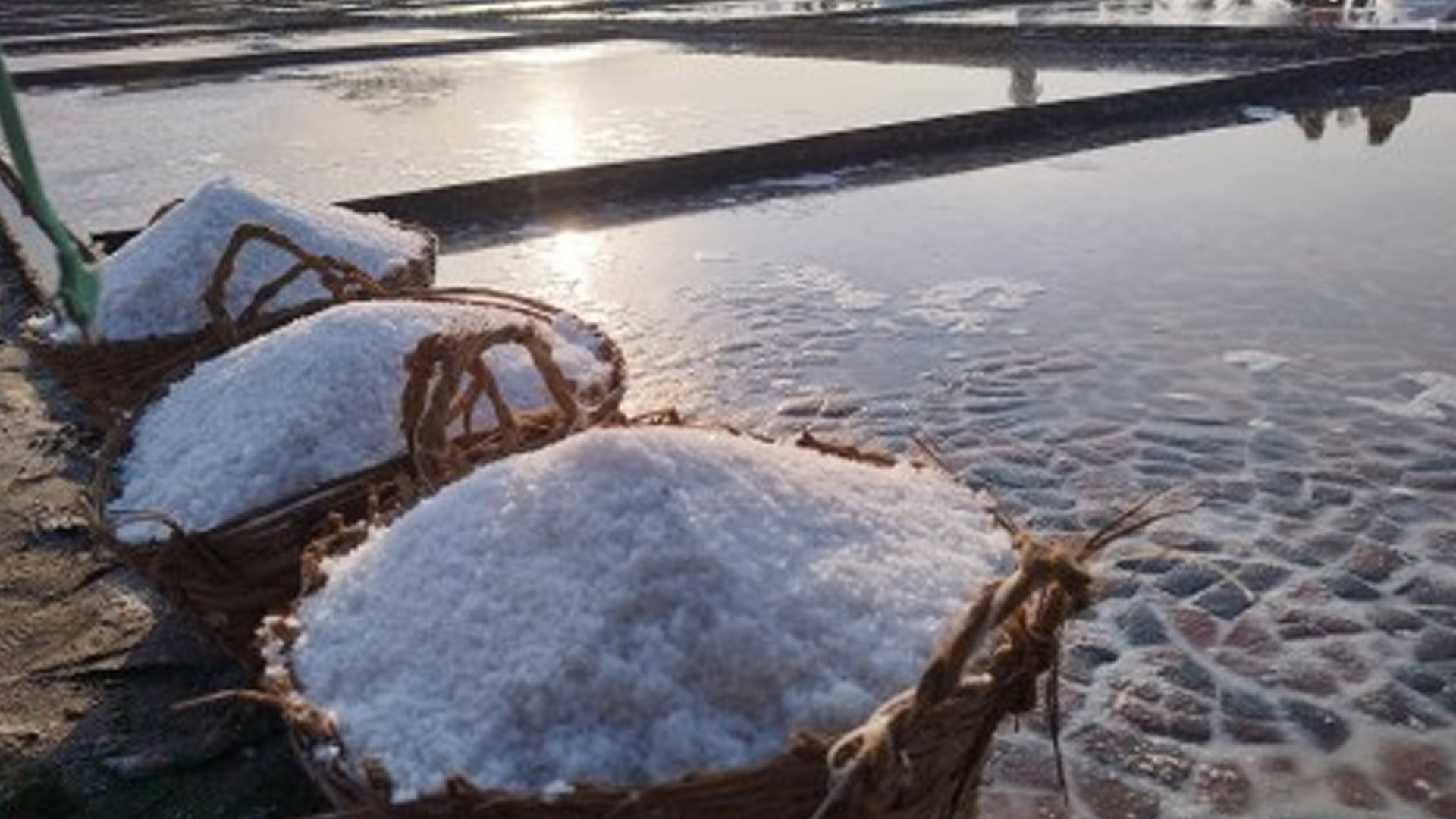The Pangasinan State University (PSU) has been given PHP90 million as initial budget for salt research by the Department of Science and Technology’s Philippine Council for Industry, Energy, and Emerging Technology Research and Development (DOST-PCIEERD).
The grant was awarded through the Niche Centers in the Regions for Research and Development (NICER) for its Accelerating Salt Research and Innovation (ASIN) program after five attempts or proposals, PSU president Dr. Elbert Galas said in an interview on Monday.
“It is proper that we claim that we are the salt center in the country since the province’s name came from the word “Panag Asinan,” or where salt is made,” he said.
Galas said the province produces salt through the traditional way using solar drying and conventional cooking in Western Pangasinan.
He said the main objective of getting a DOST grant is to increase salt production using innovative equipment, which will be acquired using the initial funding.
“Traditional salt production halts during the rainy season. What we are doing, however, is we will invent or provide or make a machine that can produce salt in any weather, climate, and time, may it be 24 hours a day or seven days a week,” he said.
Galas said their goal is to make a machine similar to those being used in Japan, which can produce 400 metric tons of salt a day, to help the dying salt industry in the country.
“We will collaborate with the provincial government of Pangasinan. We will be working with the engineering and information technology department of the PSU Urdaneta Campus,” he said.
Once the research hits its target within the targeted three-year period, Galas said they will ask the government for a large scale production of the machine.
Last year, the Department of Agriculture – Bureau of Fisheries and Aquatic Resources launched in Pangasinan the operation plan or “Oplan Asin” eyed to develop the salt industry.
Oplan Asin aims to give continuous support to salt makers by giving them technology and equipment to increase production quantity and quality, and improve farmers’ capabilities based on food safety standards and proper food handling to help them increase their income. (PNA)









